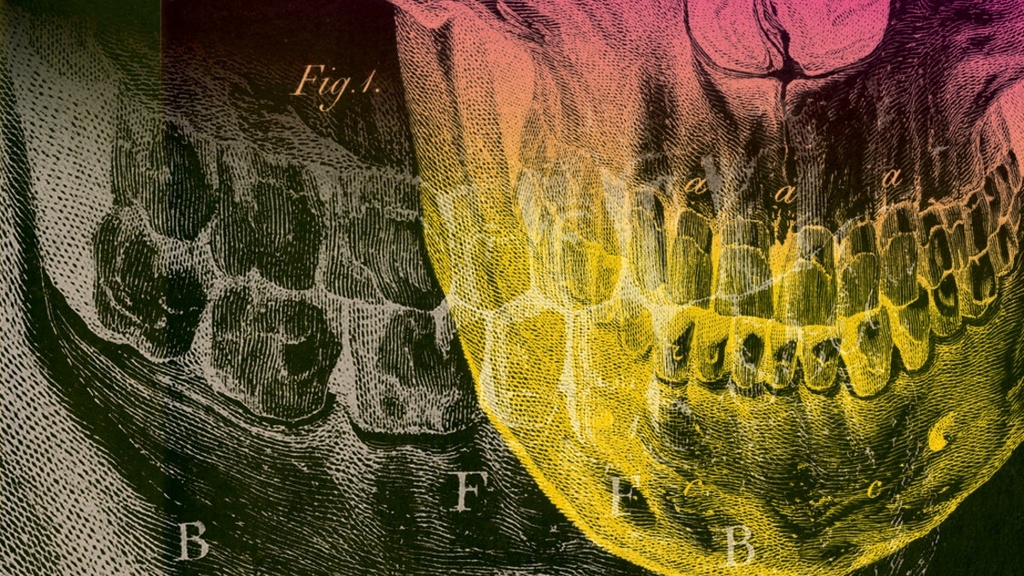
Dental Visits Cost More Than Money: Conceptualizing Links Between Financial Uncertainty & Oral Health
Cost is the primary barrier to dental care in the U.S., with 1 in 5 adults reporting financial barriers to receiving necessary care. Understanding how financial barriers are formed and maintained is critical to designing effective policy and community-based interventions to alleviate these barriers. Current health disparities research focuses on income and insurance coverage as the main factors that contribute to financial barriers. This group's co-directors propose that this existing model is overly simplistic since it fails to account for additional components of material hardship. Recent research by Dr. Conrad suggests that income, along with housing insecurity, bill-paying insecurity, perceived financial stress, emergency funds, and several other factors interact synergistically to produce financial uncertainty. The primary objective of this project is to develop a multidimensional model of financial uncertainty and oral health.
Group members will accomplish this by conducting a scoping review of the literature and using the results to design a model via collaborative conceptualization. Their goal is to use this new model as the foundation for hypothesis-driven research. While in residency, the group will prepare a grant proposal to submit to the National Institutes of Health. In addition to the conceptual model and grant proposal, they will also prepare a manuscript that summarizes findings from the scoping review.
The long-term goal of this project is to produce research that can be used by oral health stakeholders to propose more effective public health and community-based interventions to eliminate oral health disparities among socioeconomically disadvantaged populations.
Co-directors: Aislinn Conrad (Social Work), Tessa Heeren (Public Policy Center), and Susan McKernan (College of Dentistry)

Imagining Latinidades: Articulations of National Belonging
Imagining Latinidades is an edited book project born out of the Andrew W. Mellon Foundation–funded and Obermann Center–sponsored Sawyer Seminar of the same name. Bringing together scholarship by experts that was presented over the course of the 2019-2020 academic year, this book project is rooted in an urgent concern for how Latina/o/x people are constructed by others and how they construct new imaginaries for themselves. Given the recent jolting shifts in discourse and public policy, the place of Latina/o/x people in the United States has never been more uncertain. By incorporating the scholarly work and personal insights of individuals in the humanities and interpretive social sciences, this project develops a far more nuanced understanding of how Latina/o/x peoples see themselves and how others see them.
The co-directors are interested in exploring the ways in which Latina/o/x people disrupt dominant and dominating articulations of nation/nationhood/belonging and how articulations of national belonging (particularly those that exclude Latina/o/x folks) puncture the social fabric in problematic ways. Over the course of the IDRG, they intend to finish drafting the introduction for the book and to begin drafting the proposal, which will be submitted to one or more university presses.
Co-directors: Darrel Wanzer-Serrano (Communication Studies and Latina/o Studies), Rene Rocha (Political Science), and Ariana Ruiz (Spanish & Portuguese)